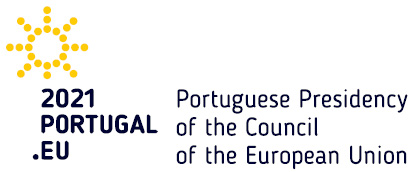Community-based services for disadvantaged groups are still in relatively short supply in Serbia. Despite significant progress in the last decade to decentralise social welfare, including a large-scale reform of social work centres, the development of a regulatory framework and the transformation of residential institutions, the provision of integrated social services has yet to take root. Those who suffer most from this situation are the vulnerable, in particular, the elderly, people with disabilities, the unemployed and refugees and internally displaced people, of which there an estimated 300,000 living in Serbia, following the conflicts in the former Yugoslavia in the 1990s.
Access to health and social care is especially limited for refugees and internally displaced people, as many live in extreme poverty, cut off from the rest of society and unaware of their basic rights. In December 2010, a two-year project funded by the European Union sought to redress this situation in 25 municipalities of Serbia by awarding grants to local projects to improve access to services for vulnerable people and integrate socially disadvantaged groups such as the Roma into their community-based work by training them to work as service providers.
A total of €2.6 million was distributed in grants and during the course of the project, which officially closed in spring 2013, 21 home care services for the elderly, four day care services, one family support service and two support for people with disabilities services were launched. Some services have since finished, but more than two-thirds of them will continue to be offered – their sustainability is of paramount importance to all involved. Dragi Vidojević, state secretary at the Serbian Ministry of Labour, Employment and Social Policy said that “this project was a humanitarian mission which was seen as a remedy for people living on the margins of society. These people have been given an opportunity and we will do our best to proceed with what has been started.”
Everyone’s included
One of the elderly home care initiatives was set up in Beočin, northern Serbia. Here, service providers were internally displaced people, originally from Kosovo and most of Roma decent. Initially, their assistance in helping with daily chores and socialising with local elderly people was treated with suspicion and mistrust. But gradually, the carers came to be accepted to the point that their elderly friends would like to socialise with them outside working hours, too.
During the project around 200 refugees and internally displaced people were trained to work as service providers like those in Beočin, learning new skills in how to provide services to home care for the elderly, centres for family support, day care centres and living needs support for people with disabilities. This not only improved their health care provision skills, it also improved their job prospects: one hundred have since been employed on the projects. Most important of all, though, has been the increased sense of solidarity within the communities since the EU-funded projects were launched. One elderly woman in Beočin remarked to a health care visitor: “My children, you are the only ones who open my door and ask after my health. Thank you so much!”
More information
Project: Supporting access to rights, employment and livelihood enhancement of Refugees and IDPs in Serbia
Implemented by: Eptisa – www.eptisa.com/Care International – www.care-international.org
See also: Commissariat for Refugees and Migration of the Republic of Serbia – www.kirs.gov.rs; Ministry for Labor and Social Policy – www.minrzs.gov.rs






